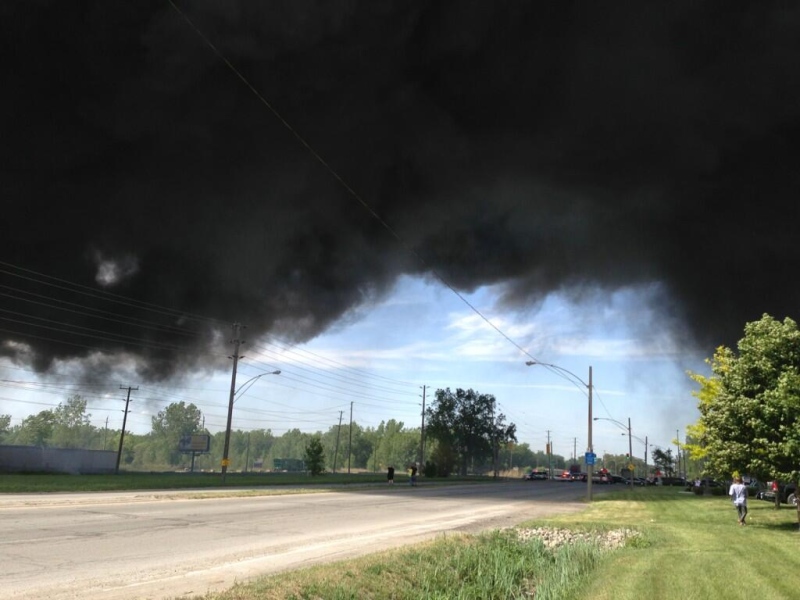Ontario's top medical officials say recent statistics suggest a spike in the number of deaths related to the potent opioid carfentanil, as well as an increase in the presence of the drug in the province.
The province's Chief Medical Officer of Health shared the information with local public health units in a letter last week, encouraging them to raise awareness of carfentanil in the drug supply in their regions.
Dr. David C. Williams says Ontario's Chief Coroner reports preliminary mortality data show an increase in carfentanil-related deaths in the province for the first four months of this year.
His letter says carfentanil directly contributed to 142 deaths from Jan. 1 to April 29, which amounts to 50 per cent more than the total number of such deaths in all of last year.
It says that number will likely rise as more data from this period become available, since a large proportion of the death investigations from that time are still ongoing.
Williams also says there has been a "sharp" rise in urine samples from LifeLabs that have tested positive for the drug -- from up to 100 per month in 2017-2018 to more than 700 each in April and May of this year.
Carfentanil is believed to be in Windsor-Essex.
The Community Opioid and Substance Strategy issued an alert in connection with the seizure of a substance in Tecumseh thought to be cannabis that was confirmed to have been laced with carfentanil on May 23.
17-year-old Josh Chouinard also died in May from an apparent overdose of carfentanil.
Carfentanil is an extremely toxic substance commonly used in veterinary medicine to sedate large animals but it has showed up in the region again.
Public Health Ontario says 48 people in Windsor-Essex died from opioid related causes in 2018, the highest number ever recorded.
The data also shows The Erie St. Clair LHIN, which includes Windsor-Essex, has the highest rate of opioid prescriptions in all of Ontario.
With files from CTV Windsor





































